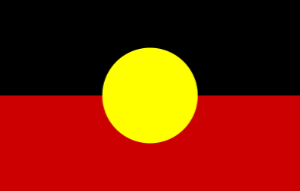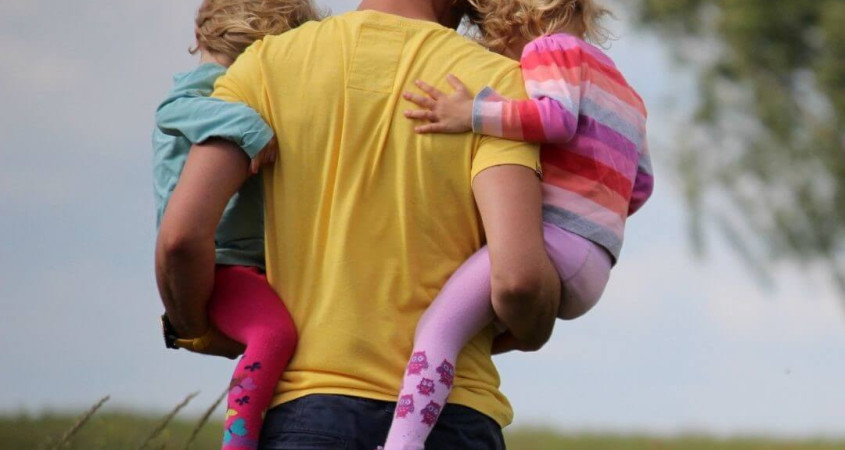When Mothers’ Day brings heartache instead of joy
Times of celebration usually bring joy, but if we’re among the rather large, unfortunate group whose hearts ache with grief following a family bereavement, those same occasions have the potential to intensify pain. Mothers’ Day tends to be one of them.
As we prepare for this special Sunday in our society’s calendar, let’s pause and think about people of all genders and ages, from all cultures, who almost hold their breath until the day passes.
I’ll begin with young, grieving children because they are always in my heart and mind, especially so as Mothers’ Day cards begin to appear on shelves and in shop windows.
One in twenty children will have experienced the death of a parent before the age of 18, some of them the death of a mother when they were too young to retain memories. They will be forever reliant on photos for a sense of connection and the stories told to them by those privileged to have known their mother.
Other children, relinquished for adoption, will grieve for a birth mother they never got to meet, or with whom they never managed to make a connection. Some children will grieve because they have been removed from the care of their mother, or because their mother is lost in the fog of alcohol or other drug dependence, serious mental illness or the tug of war involved in separation and divorce. Many will grieve for grandmothers who were central to their everyday lives and well-being. My heart aches for them all.
I was fortunate to reach adulthood nurtured by a loving mother and I’m grateful on a daily basis for all she has contributed to my life and identity. I’ll miss her on Mothers’ Day as I do frequently, and still wish I could phone her, visit her, feel her hugs, smell and taste her wonderful cooking and enjoy the praise she generously gave me and my sisters. I’ll miss my daughter, grief a familiar companion, its edges softened by the passing years. On Mothers’ Day, sadness for her will co-exist with the love, pride and gratitude I feel for my living children and stepchild.
Early in my life I learned about the pain of grieving children and their grieving mothers from my grandmother and my mother. Complex life circumstances meant that my mother was raised by relatives from a young age, separated from her siblings, sustained by a yearly one week visit from her mother. Like many of the children I have counselled over the years she kept a hanky of her mother’s tucked under her pillow where her tears were shed nightly in private. Imagine what we might learn, and hopefully understand, if pillows and wet hankies could talk?
By the time I was in primary school my grandmother lived with us for part of each year and at these times I learned about her grief and understood as much as possible the pain she experienced being separated from her children. Crippling rheumatoid arthritis was one of the results.
On Mothers’ Day, mothers throughout Australia, mothers from around the world, will experience heart wrenching pain on Mothers’ Day. They will grieve children they have relinquished to adoption, children who have died from illness, accident, suicide or homicide; they will grieve for estranged children, children separated from them for whatever reason, children miscarried or stillborn, and those that exist only in their unfulfilled hopes and dreams. My heart aches for them all.
The pain of grieving mothers is more widely recognized now than it has ever been in my lifetime, yet many still fail to receive the understanding and care they need in order to live with what life has dealt them.
Let’s think creatively on Mothers’ Day this year and find ways to demonstrate our compassion. What gesture might be appreciated by a grieving child or children that we know? What grieving mothers would appreciate our understanding? What services providing care at a time when mothers or children are at their most vulnerable would benefit from our help?
We all need each other – in the tough times as well as in moments of rejoicing. Reach out in whatever way you are able.
If creative thinking is your forte, or your financial situation makes donation possible, please donate to support the National Centre for Childhood Grief. Their current appeal will help fund the centre’s wonderful counselling services and camps for bereaved children and families in the coming year.
You can donate at https://childhoodgrief.org.au/2023-tax/ or phone 1300 654 556
If concern about your own grief on Mothers’ Day prompts you to seek help, phone the National Centre for Childhood Grief on 1300 654 556 or contact the Centre’s outreach service for email support at [email protected] .
Dianne McKissock OAM
2023






